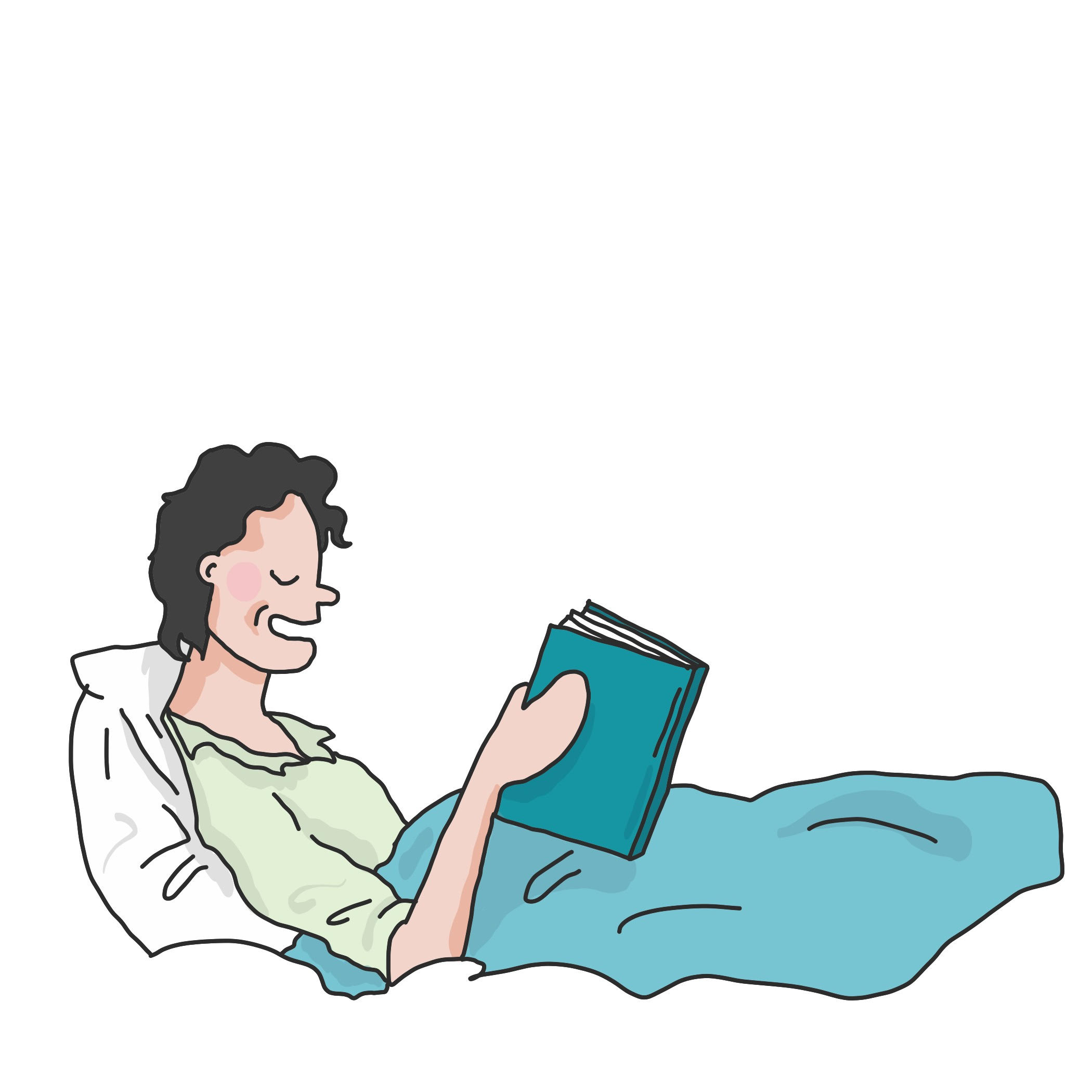COVID-19 tips & tricks

← See all COVID-19 tips & tricks
Self-isolating tips
Many of us are self-isolating due to the COVID-19 pandemic. If self-isolating it’s more important than ever to practice self-care and to look after our selves.
If someone has symptoms of COVID-19 or has been in touch with someone who has, self-isolation is important. This mean staying at home or in a room away from others for 7 days if there are symptoms, or 14 days if they have been in contact with someone who has COVID.
Self-isolation can be difficult when living with someone, and it won’t always be possible to stay entirely away from other people.
If you’re self-isolating, it’s important to look after basics: eat regular meals; drink plenty of water; have regular showers; and try to get enough sleep.
Staying away from others will be easier if you live alone. If you live with friends or family, this gives you an opportunity to take advantage of their love for you, as they can leave you meals, run your baths, and have treats waiting for you!
Here’s one tip if this is the case: don’t use a bell, don’t download an app that sounds like a town crier, and don’t take the piss! Remember you might have to look after them during the crisis, and then it’ll be payback time.
Maintaining a routine if you’re self-isolating is important. Everyone’s different, but try these tips:
- Set an alarm if you know you’ll oversleep, and force yourself to get up and do something - whether it’s exercise, eating or studying, getting out of bed will help you avoid falling into a slump
- Try to get changed into day clothes to signal to yourself that it’s no longer sleep time
- Try and maintain a regular diet
Try and give yourself achievable goals each day. Having something to aim for will give you a purpose, and mini goals are particularly great in giving yourself a confidence boost. It could be something like sorting out your wardrobe; reading a book; watching a box set; writing a blog, letter or email; or sorting out your desktop. Whatever you do will give you a sense of achievement and will also be beneficial to your body and your brain.
Try and keep talking and communicating with the people you love and get support from. There are so many options including phoning; texting; Tweeting; and videoing.
If it’s that type of friend then check out our tips here about those thirtsy types of communication!
Regular contact with others will remind you that there’s a world outside of your home!
It might feel overwhelming being in self-isolation, especially if everything your reading about is about COVID. Lots of people cope by reducing their contact with the constant stream of news media (especially when it’s often sensational!) or by reducing drama on social media. Now might be a good time to ‘snooze’ some of those social media friends for a week or so.
If you’re not doing OK during self-isolation, it’s OK. We’re living during trying times, and being away from friends, loved ones and regular routines can be tough.
In the UK these services are providing support:
LGBT Switchboard is operated by trained volunteers who will listen to what you have to say. Just like you, they are also LGBT. You can contact them on 0300 330 0630 from 10am – 10pm.
Samaritans operates a free helpline that is open 24/7. You don’t have to be suicidal to call about whatever is getting to you.
Check out our OutLife Forums for a safe and non-judgmental space where LGBTQ+ people can talk to one another about their issues and life experience.
Opening Doors is a charity for older LGBTQ+ people. It runs befriending schemes and aims to prevent older queer people from becoming isolated and lonely.
